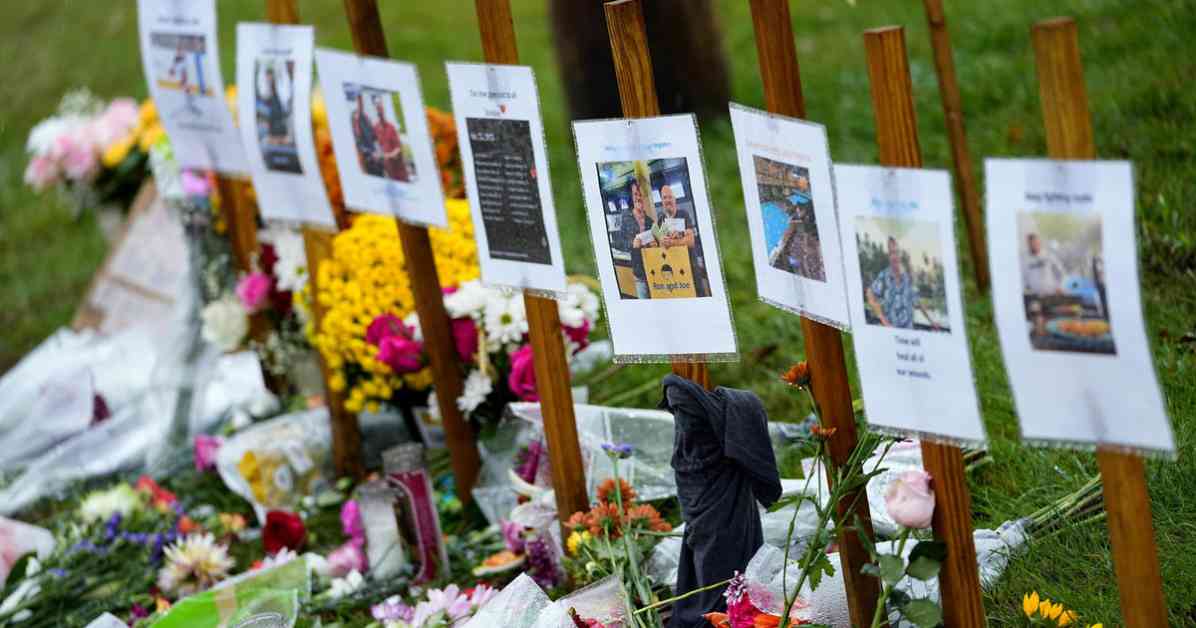Survivors and families of the victims of the tragic Maine shooting are taking legal action against the Army and an Army hospital for their failure to prevent the devastating attack. The shooting, which took place on October 25, 2023, resulted in the deaths of 18 people and left 13 others wounded. The shooter, Army Reservist Robert Card, exhibited clear warning signs of mental health decline, including paranoia, delusions, and homicidal ideations.
Despite multiple red flags and concerns raised by those close to Card, the Army failed to intervene and prevent the tragedy. A special report released by an independent commission appointed by Maine’s governor found that there were ample opportunities for both civilian law enforcement and the Army to take action before the shooting occurred. The Army, in particular, is being accused of breaking promises, failing to act reasonably, and disregarding directives and orders.
The legal action being taken by the survivors and families of the victims highlights the need for accountability and responsibility in preventing mass shootings. Cynthia Young, who lost her husband and son in the shooting, expressed the ongoing pain and trauma caused by the tragic event. She emphasized that there were clear opportunities to prevent the shooting that were not taken, making the situation even more heartbreaking.
The lawyers representing the survivors and families are calling for a change in how warning signs of mass violence are recognized and addressed. They argue that mass shootings have become increasingly common in America and that those in positions of authority must take these warning signs seriously and act to prevent future tragedies. The claims made in the legal filings stress the importance of proactive measures to prevent mass violence rather than reacting after the fact.
As the legal process unfolds, the survivors and families affected by the Maine shooting are seeking justice and accountability for the lives lost and the trauma endured. The outcome of this legal action could have far-reaching implications for how incidents of mass violence are addressed and prevented in the future. It serves as a reminder of the critical importance of recognizing and responding to warning signs of potential violence to ensure the safety and well-being of communities across the country.









